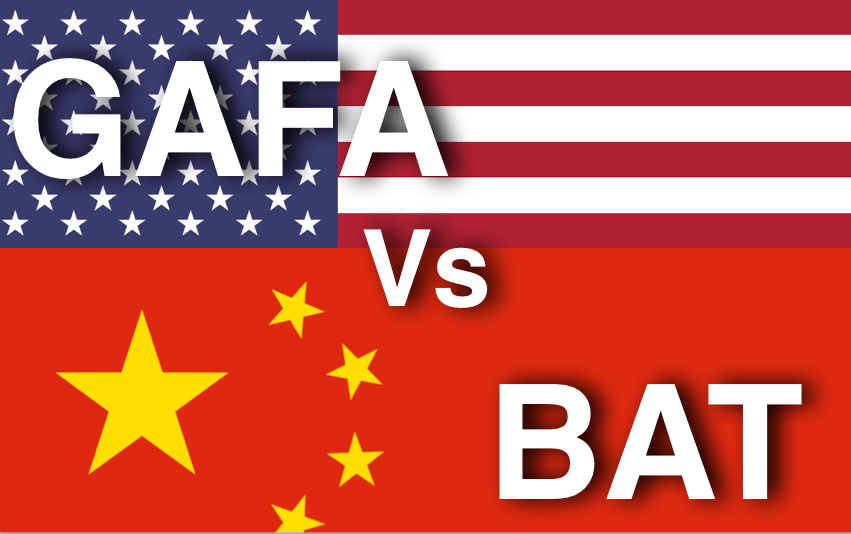
In my blog yesterday, I talked about the technology titans being liked and potentially trusted with money, but I still don’t think they will open full-service banking. Instead, I think they will focus upon full-service information.
The reason I say this is that they don’t want to be banks, it is not core, but they do want to be better at building social, commercial and financial lifestyles online. This is why PayPal offers merchants free loans, so that they can build bigger businesses using PayPal; it is why Ant Financial offers Taobao sellers instant loans against sales, so they don’t have to wait days for customer funds to be released from escrow, and can build bigger businesses with Alibaba; and it is why Lending Club linked up with Alibaba to offer American companies to get an open line of credit when buying from Chinese small businesses, to build bigger businesses through Lending Club loans.
In other words, technology companies do not move into banking territory to steal deposit accounts, which are highly regulated, need lots of capital, have high levels of governance and incredibly complicated in terms of compliance and audit. Why would they? It’s not core and does little for their business. But technology titans have and will move further into areas that assist building digitally integrated social, commercial and financial lifestyles, and that starts with payments and credit.
The critical point then is that they are not moving into these areas to make money out of payments and credit, but they are moving into these areas to get more traffic. That is real threat from technology titans to banks: that they don’t want to make money out of payments and credit. It is why Amazon, Alibaba and others could offer zero interest loans and zero cost payments.
It is for this reason that I tell banks to model their businesses for one that, in a decade’s time, makes no money from the products they push today. Bank products today make margin by either punishing the customer with fees and charges, which technology titans will aim to eradicated through Open APIs and open banking access; and from interest on credit, which technology titans aren’t interested in.
For me, it means that technology titans will squeeze all margins where banks currently make money, and banks must rapidly work out how to become better at offering service to customers through information. It is why the battle for the customer is moving to the analytics that can be applied to customer data. The more informed the customer becomes through data analytics, supported by artificial intelligence and machine learning, the more the customer will see value.
However, as a final footnote on banks ability to compete, most banks have dirty data. I talked about that extensively in a Money 2020 interview.
The challenge for banks in Europe and North America is that the legacy infrastructure tie data to products and processes. Comparing that to data-driven companies like Amazon, Apple, Google, Facebook, Tencent, Baidu, Alibaba, who would never start to silo their data as they are data-wise for at a holistic enterprise level. Without holistic data, banks have a huge problem as they are plagued with dirty data. You cannot work efficiently in an internet age, as you cannot apply machine learning and artificial intelligence to do data analytics on dirty data. It is not possible to give the customer an experience equivalent to an Amazon or an Alibaba if you are stuck with dirty data.
In summary, I am not writing the death knell for banking here, but I am making it clear that technology titans will move into areas that are adjacent to their core focus on delivering digital social, commercial and financial lifestyles. They are not interested in the fees, charges and interest that can be made on payments, credit and loans, but on the ability to get more commerce traded on their platforms through those instruments. And they will do this through holistic data analytics on the customers’ digital lifestyle, which banks fundamentally cannot deliver without rethinking their systems.
Interesting times ahead.
Chris M Skinner
Chris Skinner is best known as an independent commentator on the financial markets through his blog, TheFinanser.com, as author of the bestselling book Digital Bank, and Chair of the European networking forum the Financial Services Club. He has been voted one of the most influential people in banking by The Financial Brand (as well as one of the best blogs), a FinTech Titan (Next Bank), one of the Fintech Leaders you need to follow (City AM, Deluxe and Jax Finance), as well as one of the Top 40 most influential people in financial technology by the Wall Street Journal's Financial News. To learn more click here...

